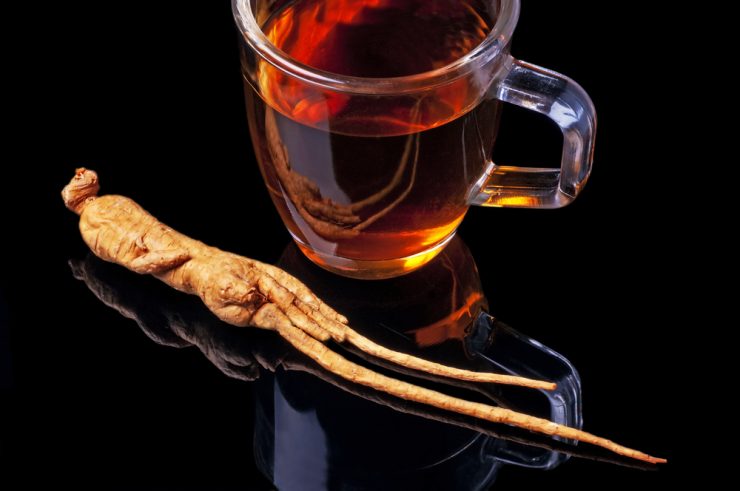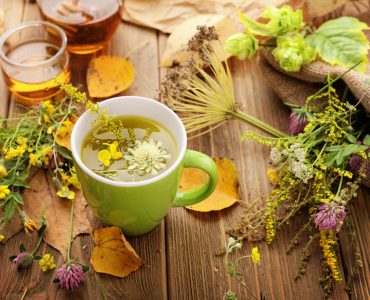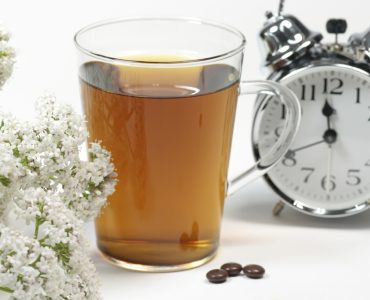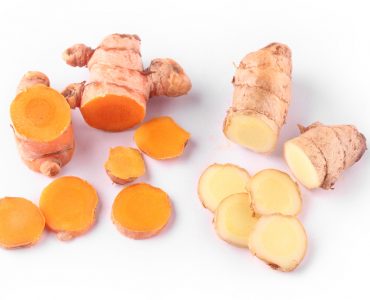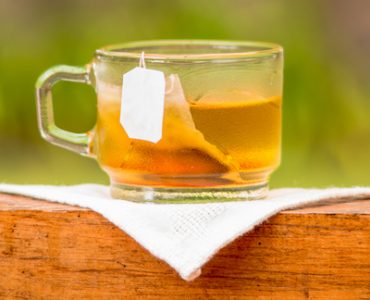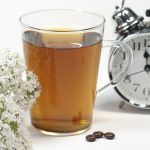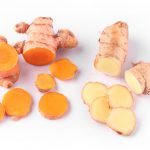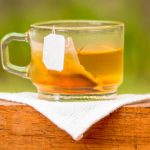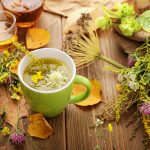Herbal remedies have been used to treat ailments of all kinds since time immemorial, and some pharmaceutical medications themselves are based on active ingredients derived from plant sources. But it must be remembered that all medication, whether it be herbal or otherwise, should be taken under the supervision of a qualified practitioner. The aim of herbal medicines is that the body should return to natural balance so that it can heal itself, and as they contain active ingredients, a herbal therapist should be told about any other medicines you are taking, allergic reactions you have had, or if you are pregnant. Different herbs act on different systems of the body and include echinacea, ginger and ginseng and ginkgo bilboa and below are some of things that they are used for.
Echinacea helps stimulate the immune system
Commonly used to combat colds and flu, echinacea is available over the counter at pharmacies, supermarkets and health shops and can be taken in capsules, teas, liquid extracts and as dried herbs as a herbal remedy. It contains a mix of active substances such as phenols, alkamides and alkylamides, plus glycoproteins, polysaccharides an caffeic acid derivate. Some of the conditions it is used to treat are chronic fatigue syndrome, general pain and flu.
Ginger helps treat nausea and digestive problems
Amongst the most popular spices on earth, ginger is full of nutrients and bioactive compounds that help benefit both mind and body. It can be used to treat all kinds of nausea and has been used as a sea sickness remedy for many years. This popular herbal remedy has also been shown to be useful in combating exercise-induce muscle pain and to relieve chronic indigestion.
Ginseng helps reduce blood pressure and cholesterol
Ginseng is an adaptogen, which means it is capable of assisting in returning bodily functions to normal after illness and is thought to help stimulate and strengthen the nervous system in cases of fatigue, weakness and stress. Containing ginsenosides which have many uses, including balancing blood sugar, its reported to assist in the improvement of blood pressure, headaches and the reduction of cholesterol, plus the Asian species of the herb is said to be an aphrodisiac too.
Ginkgo bilboa can assist in fighting inflammation
Containing powerful antioxidants, ginkgo bilboa is also known as maidenhair, and is commercially available in tablets, capsules, liquid extracts and teas. Its leaves are often used in traditional Chinese medicine, whereas modern research focuses on ginkgo extract. It contains high levels of terpenoids and flavonoids, which are known for their antioxidant powers, combating the damaging effects of free radicals in the body. Ginkgo bilboa is used to help fight inflammation and is shown to assist in dealing with arthritis, irritable bowel syndrome and can help with circulation and heart health. Some research has indicated that supplementing your diet with ginkgo may reduce symptoms of anxiety, and it is also a very popular treatment for headaches and migraines.


